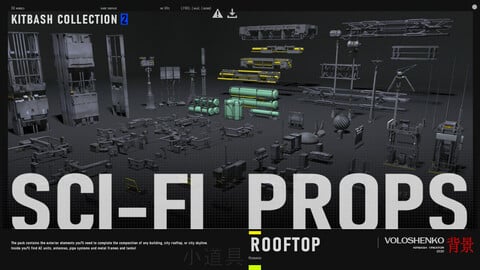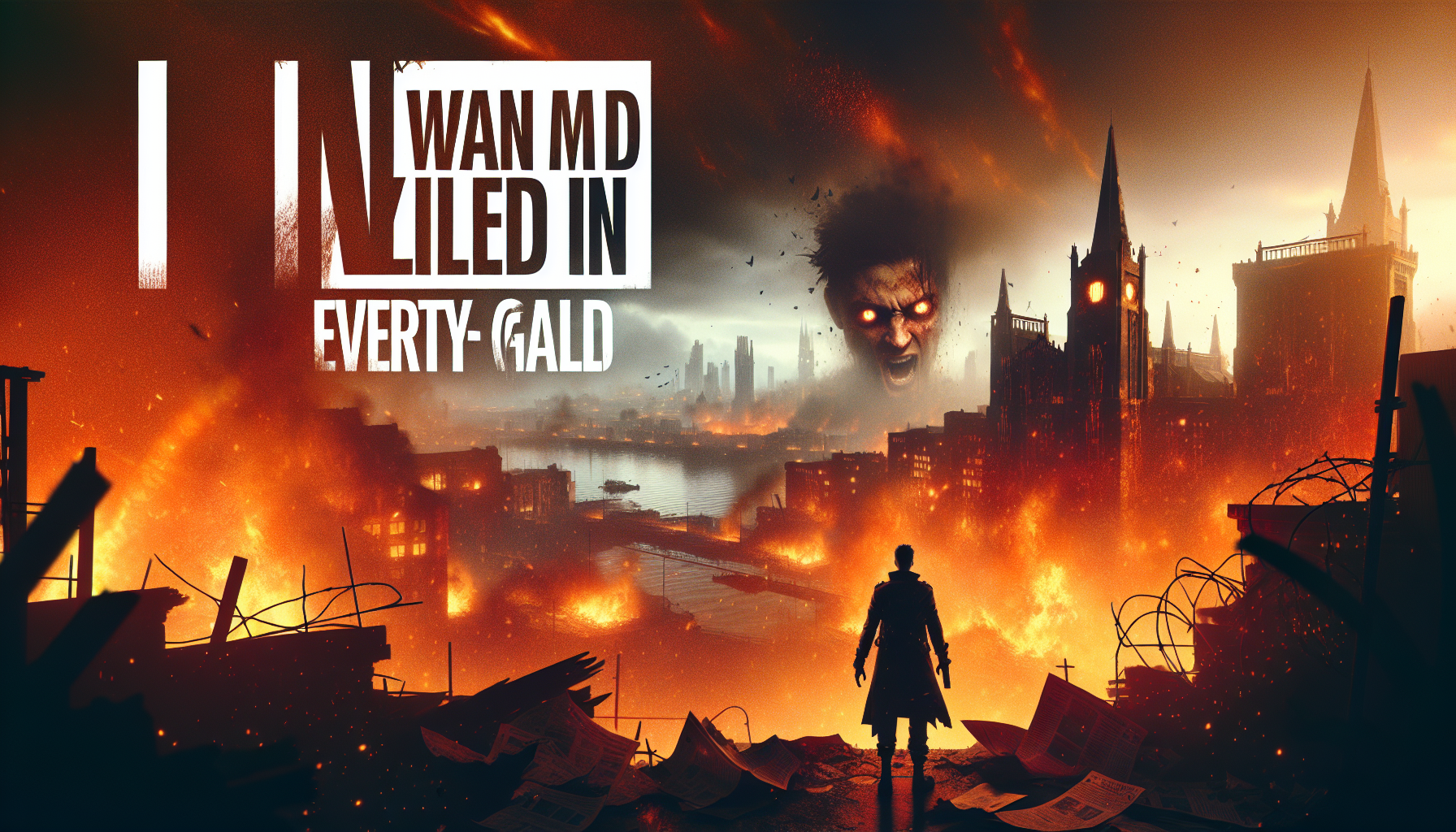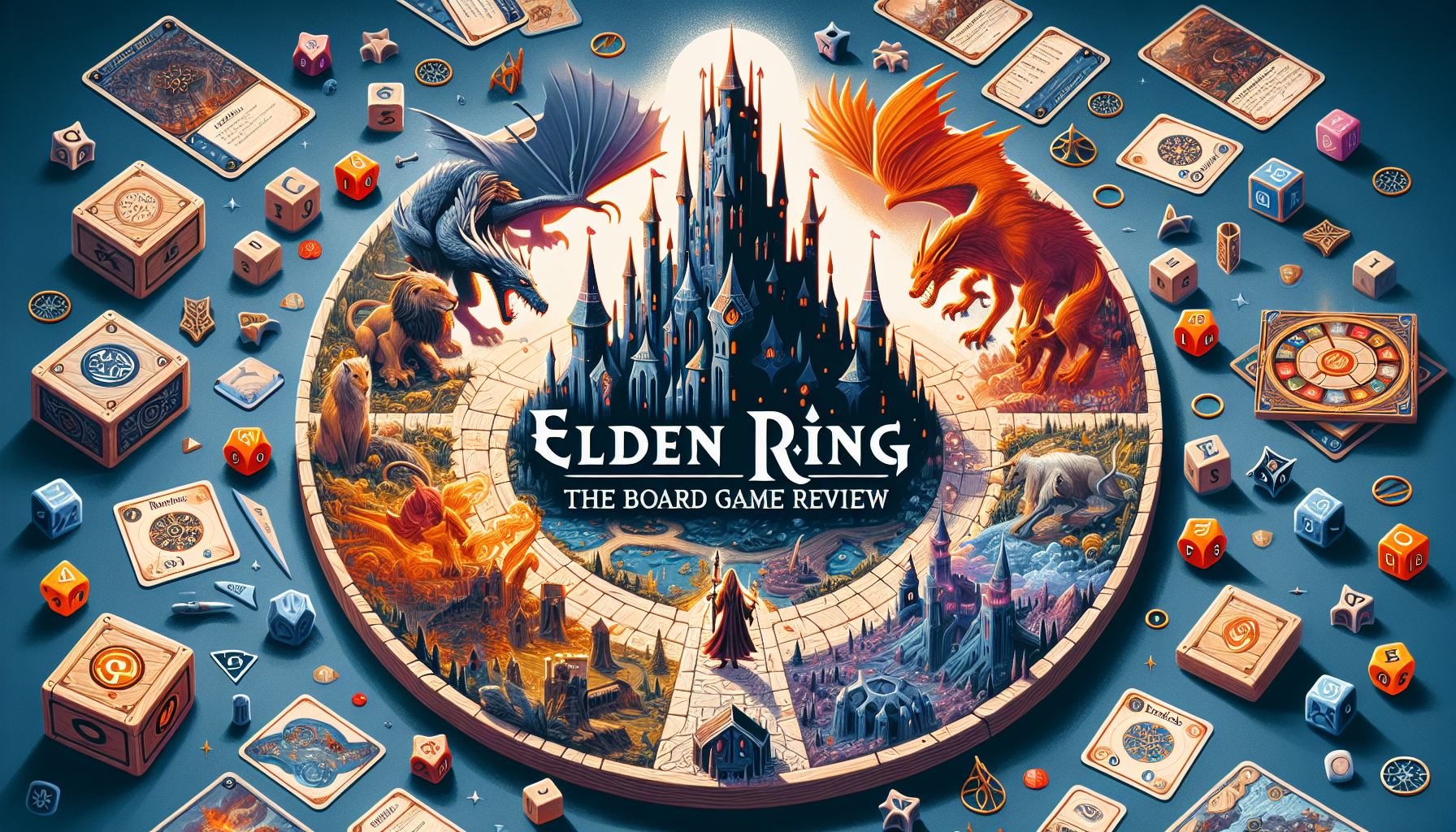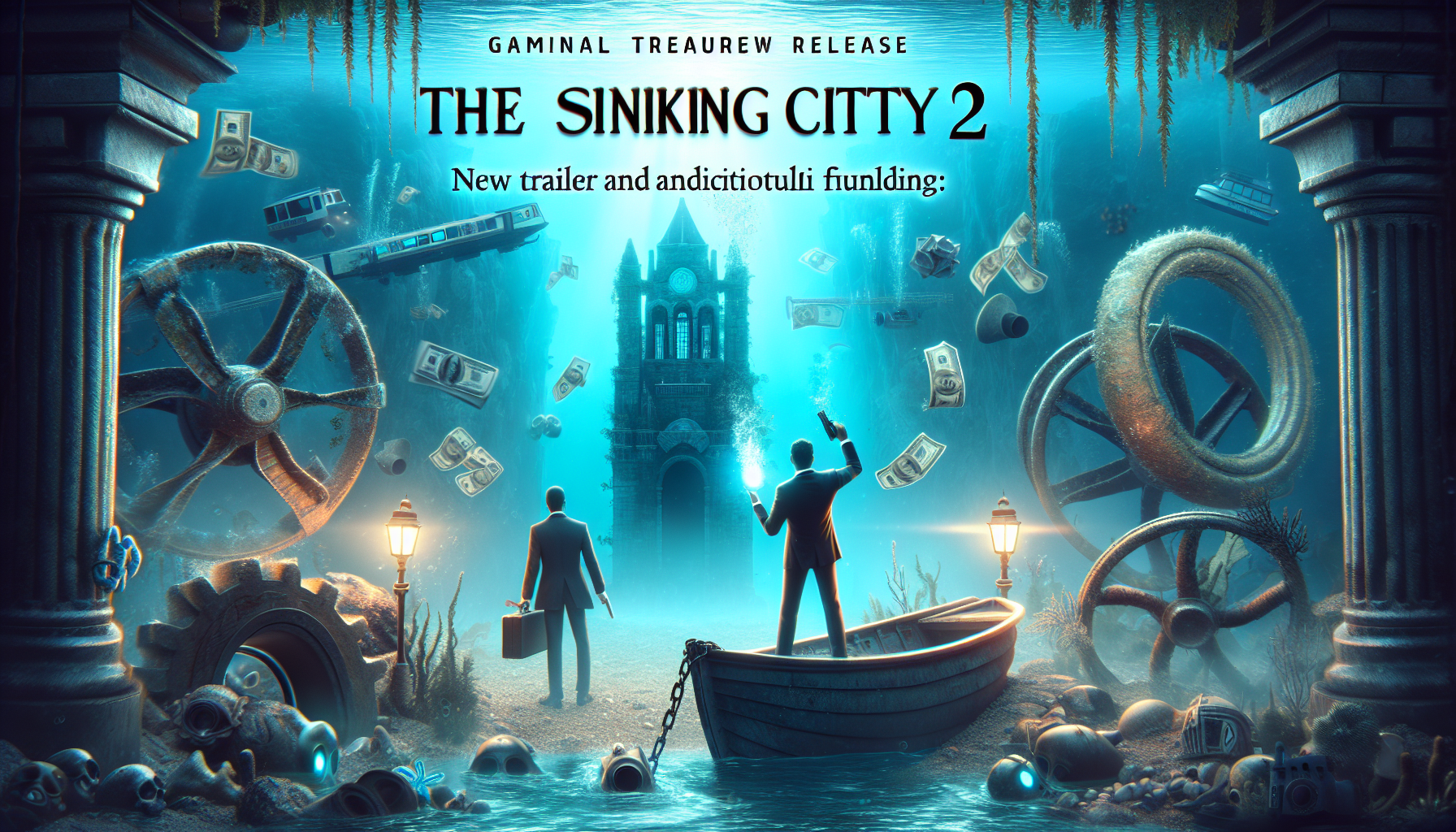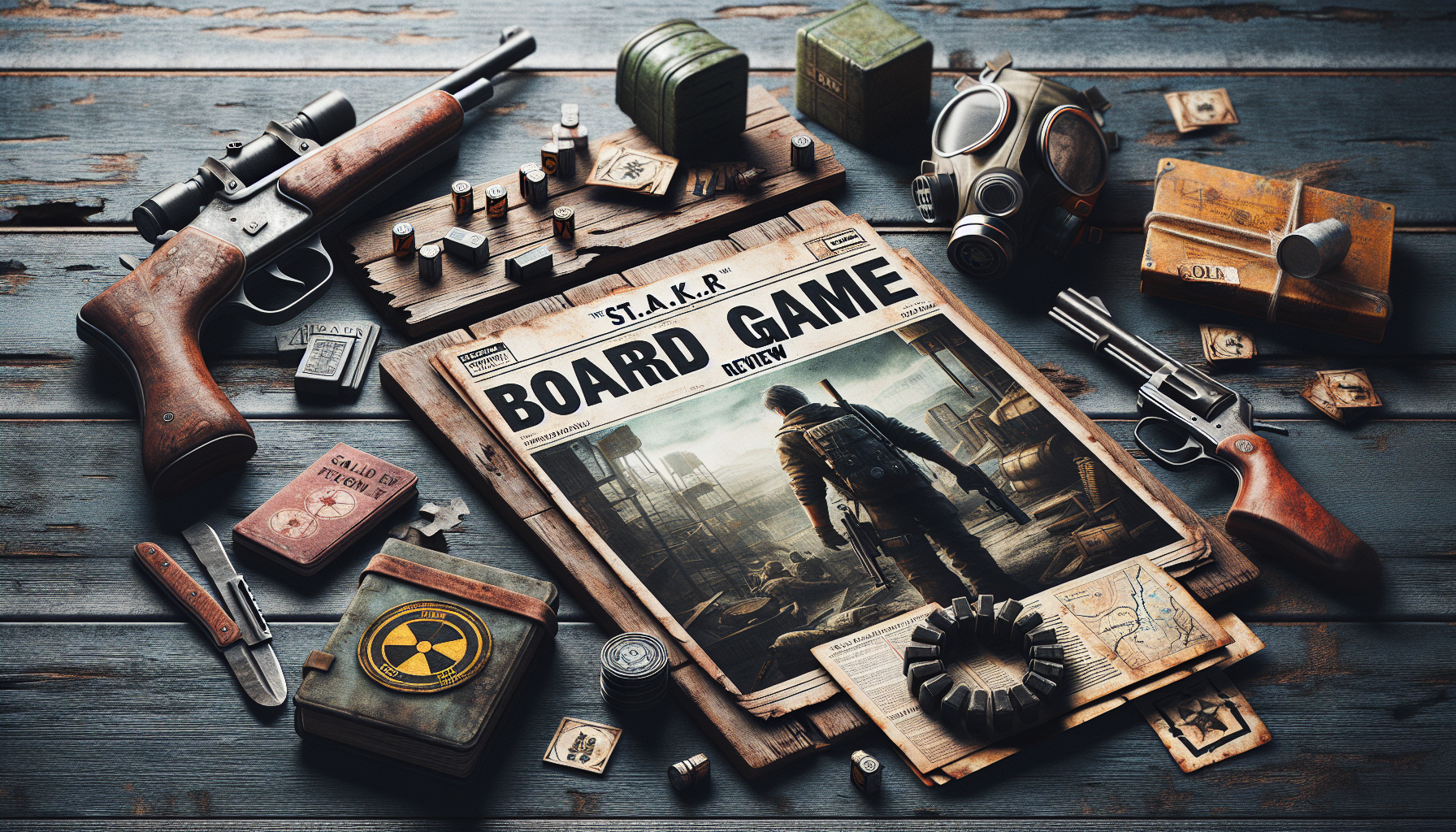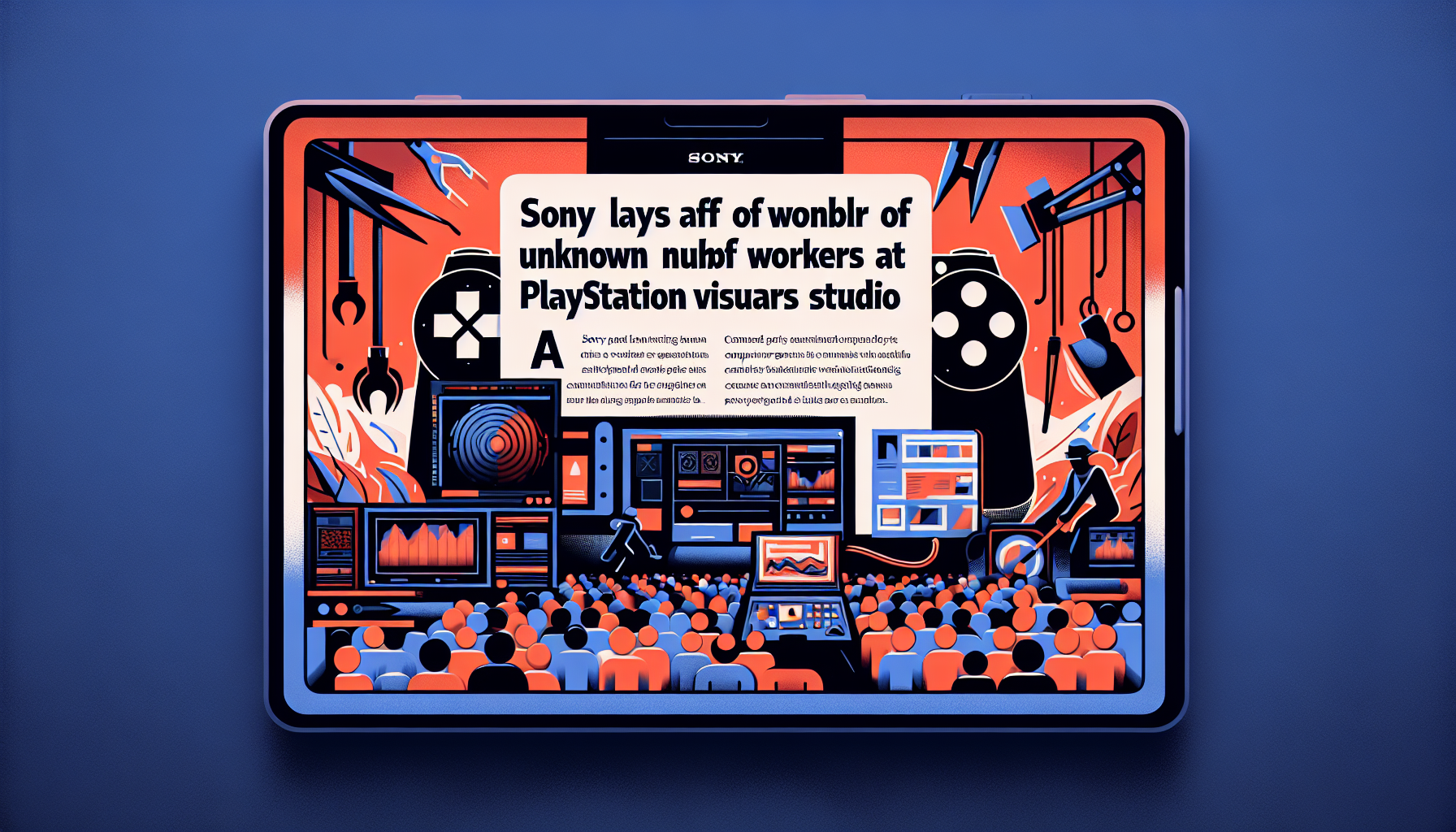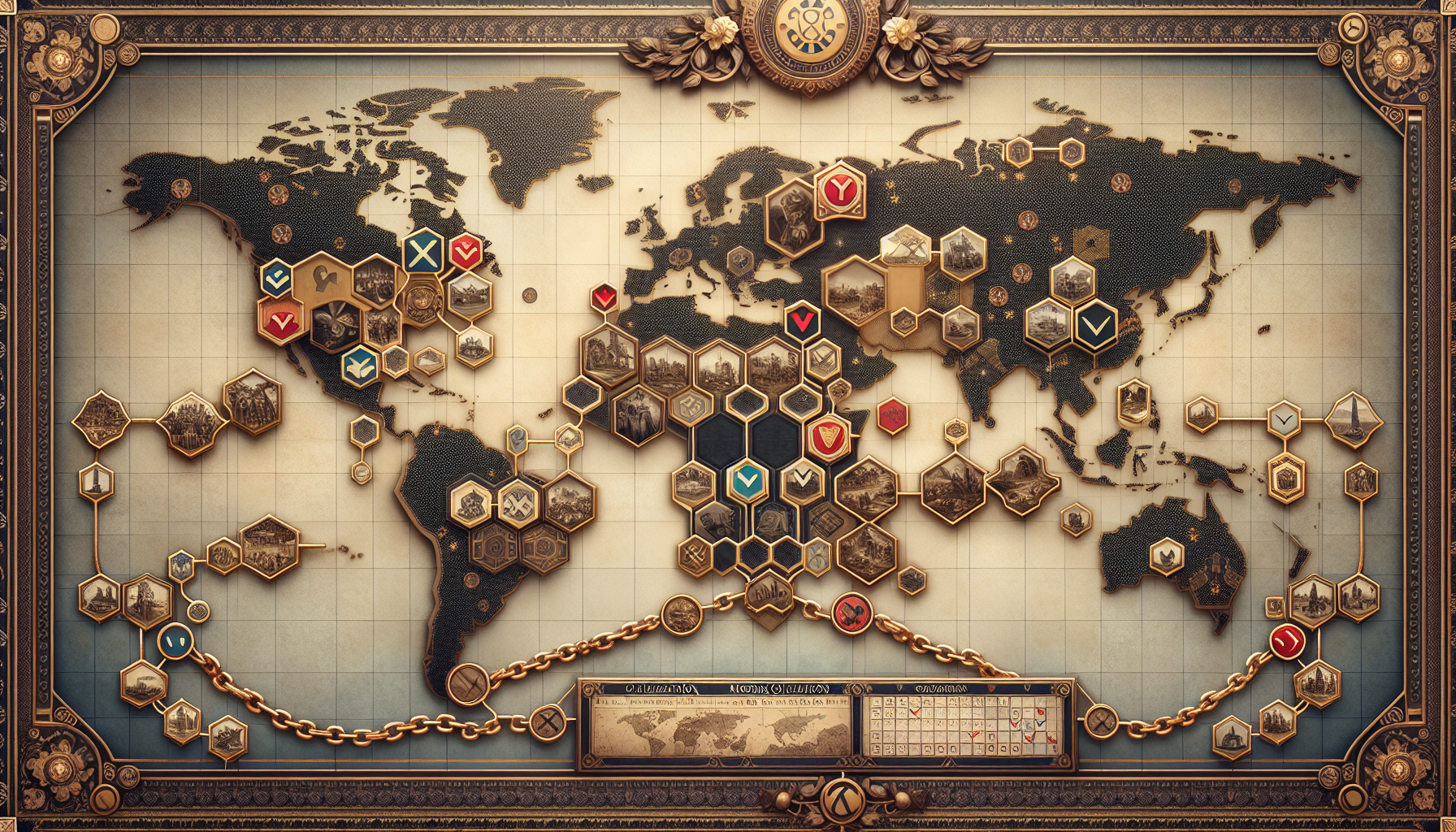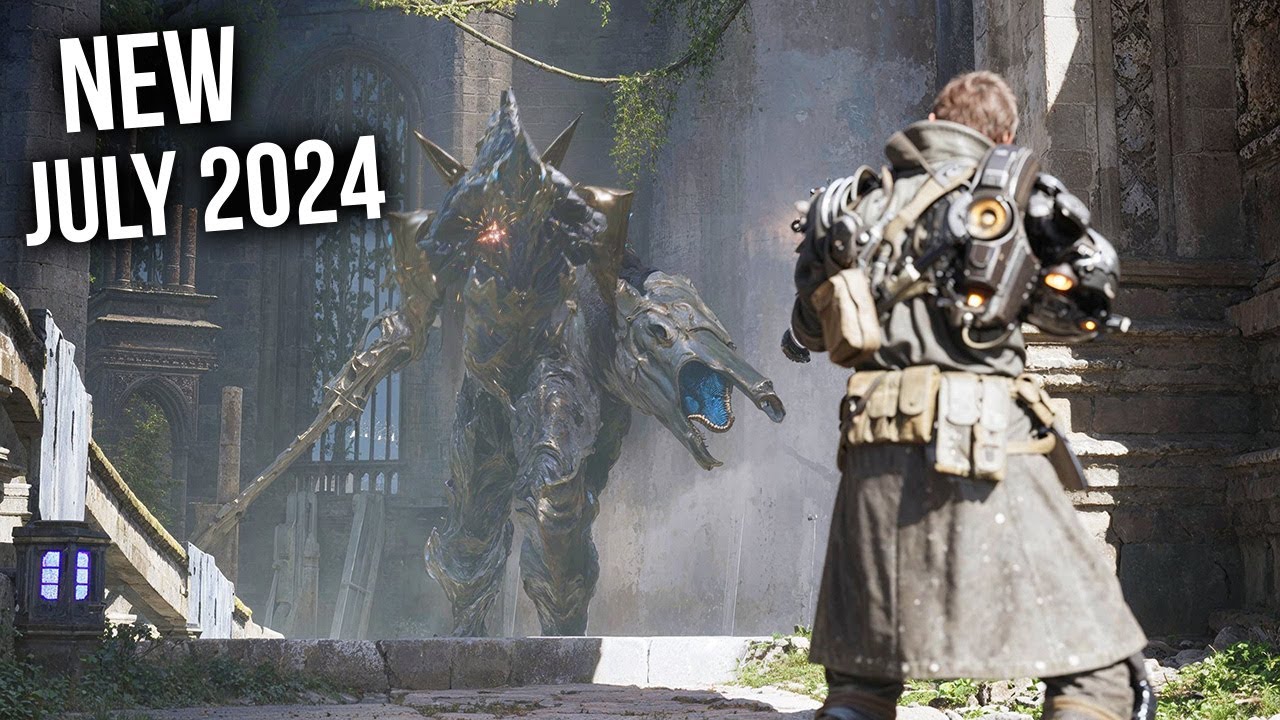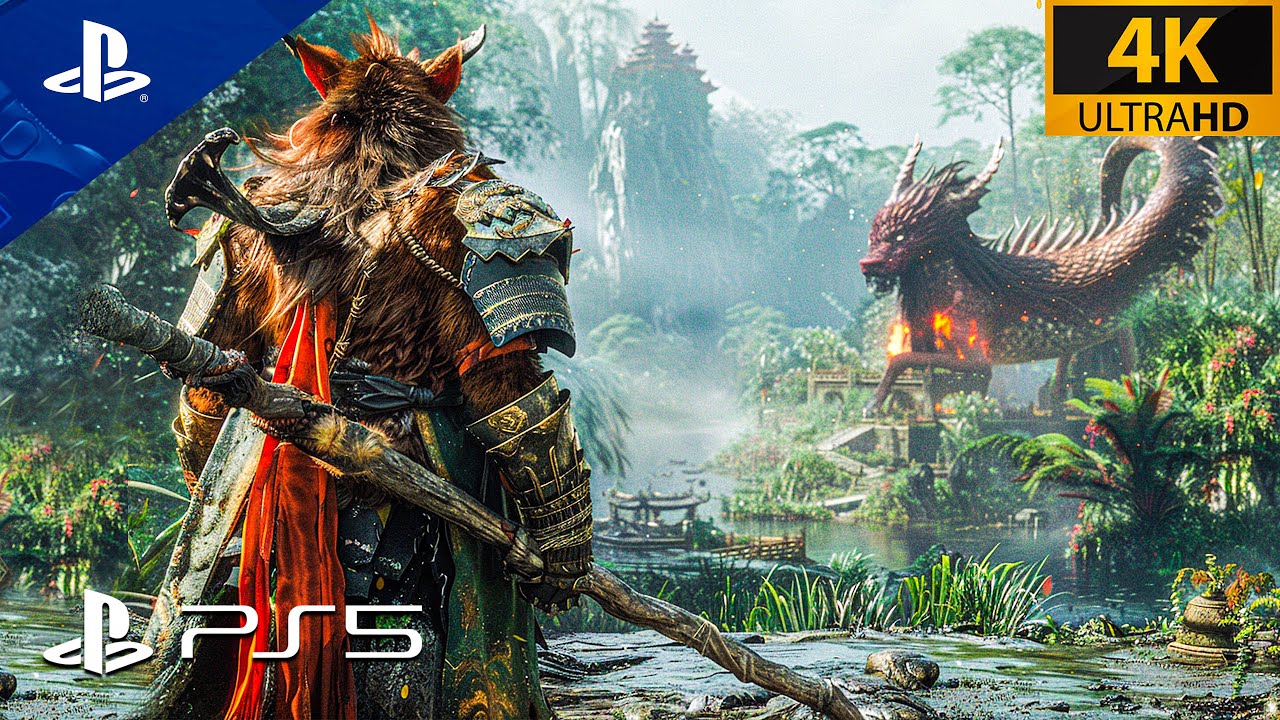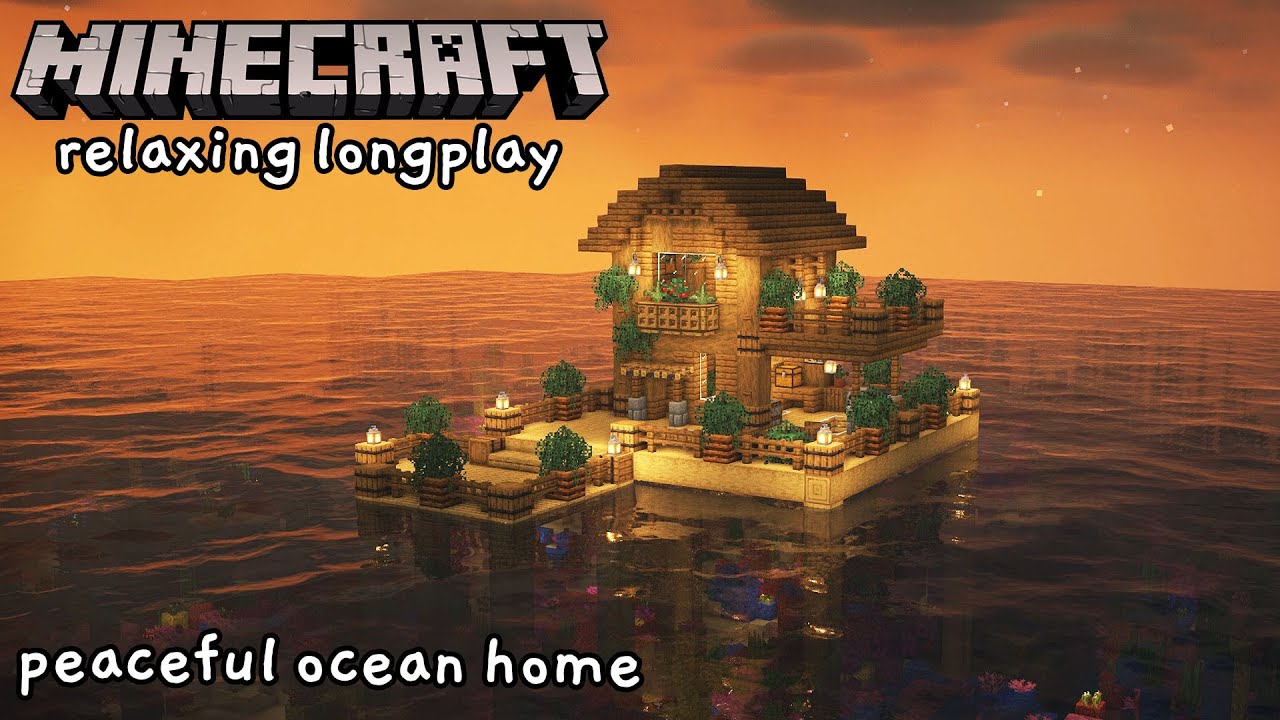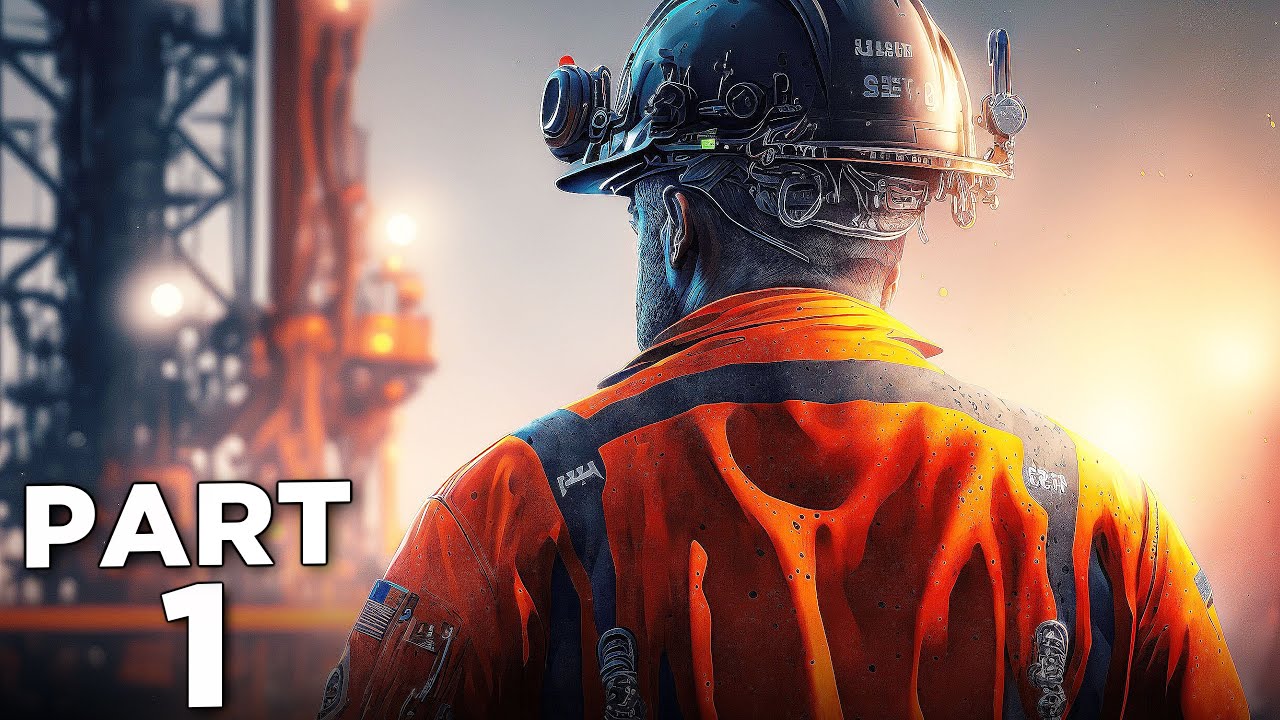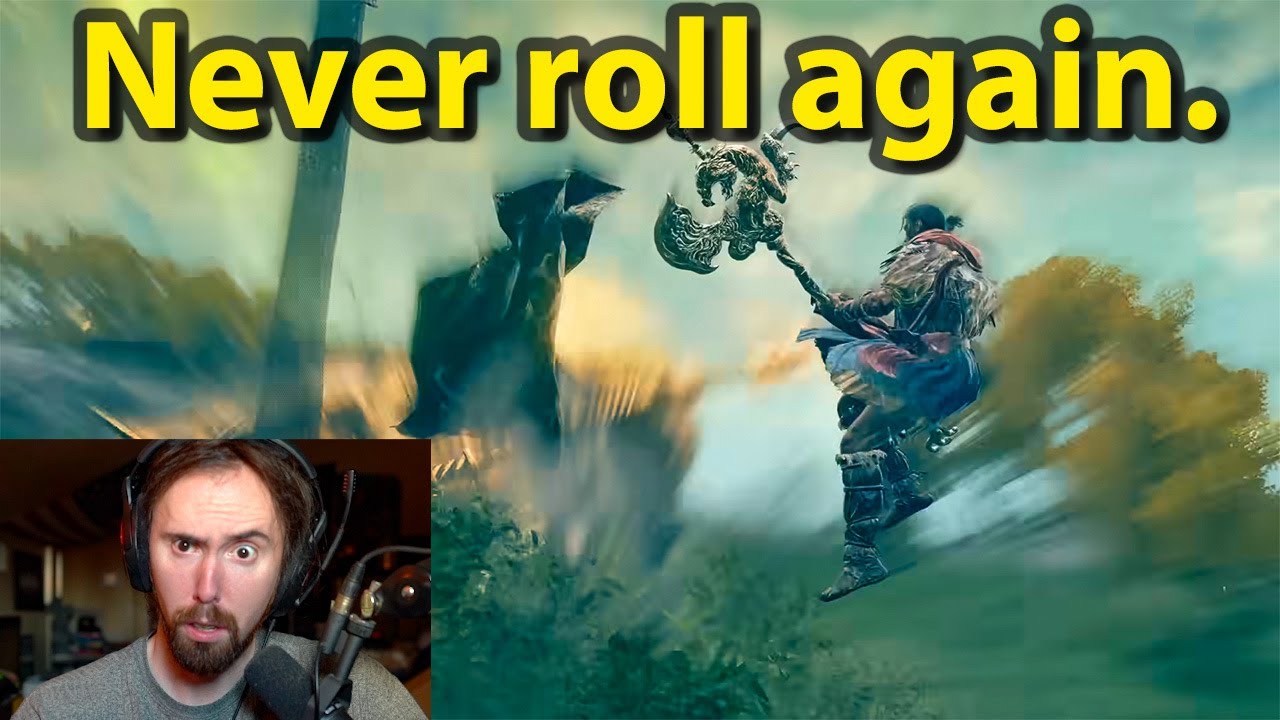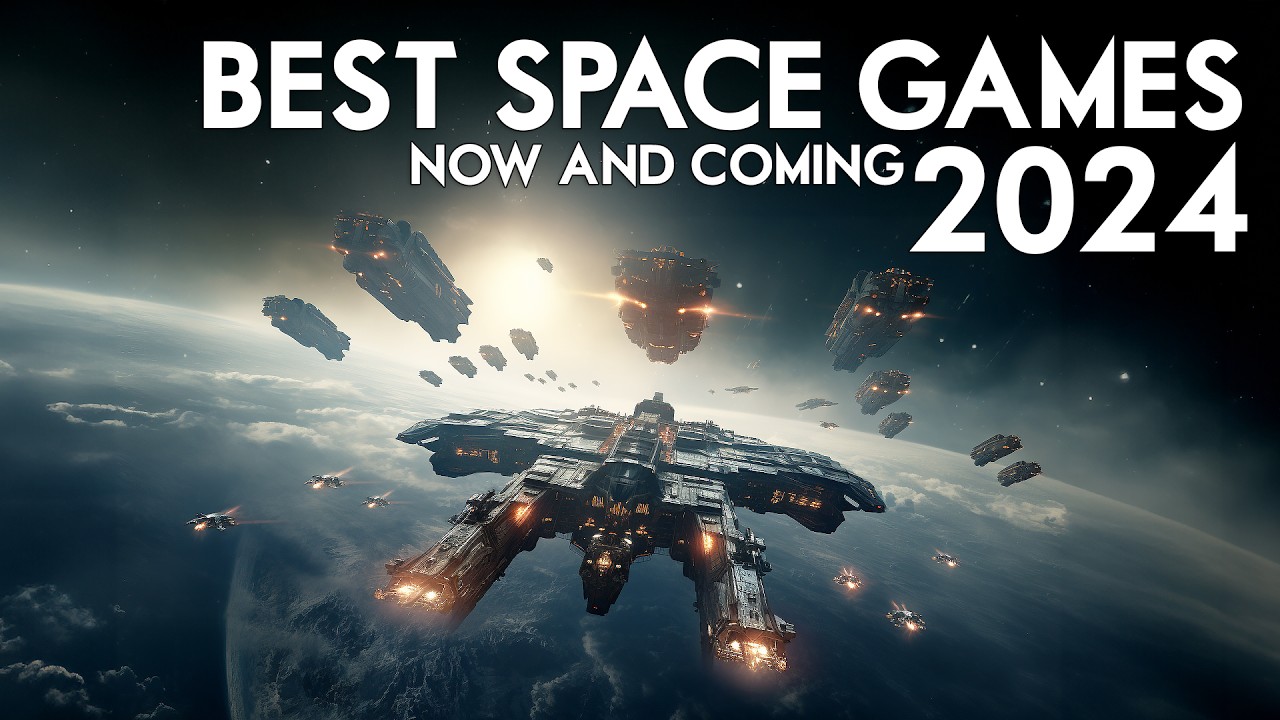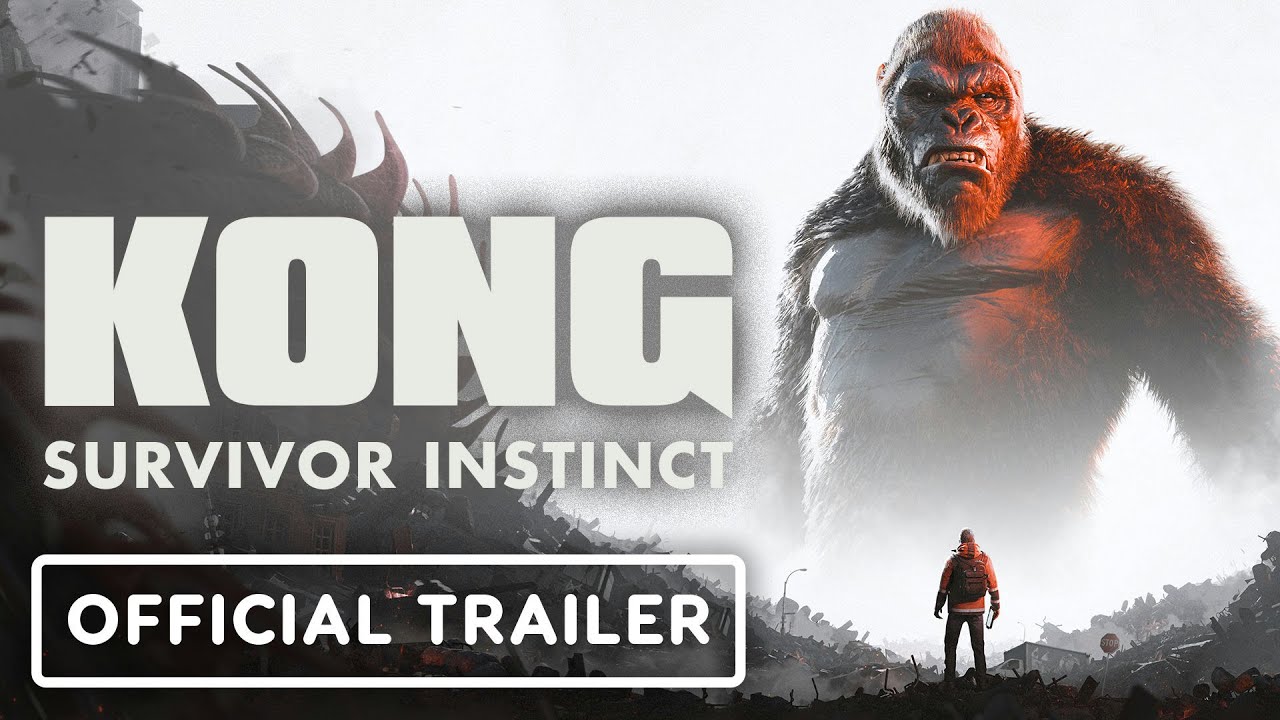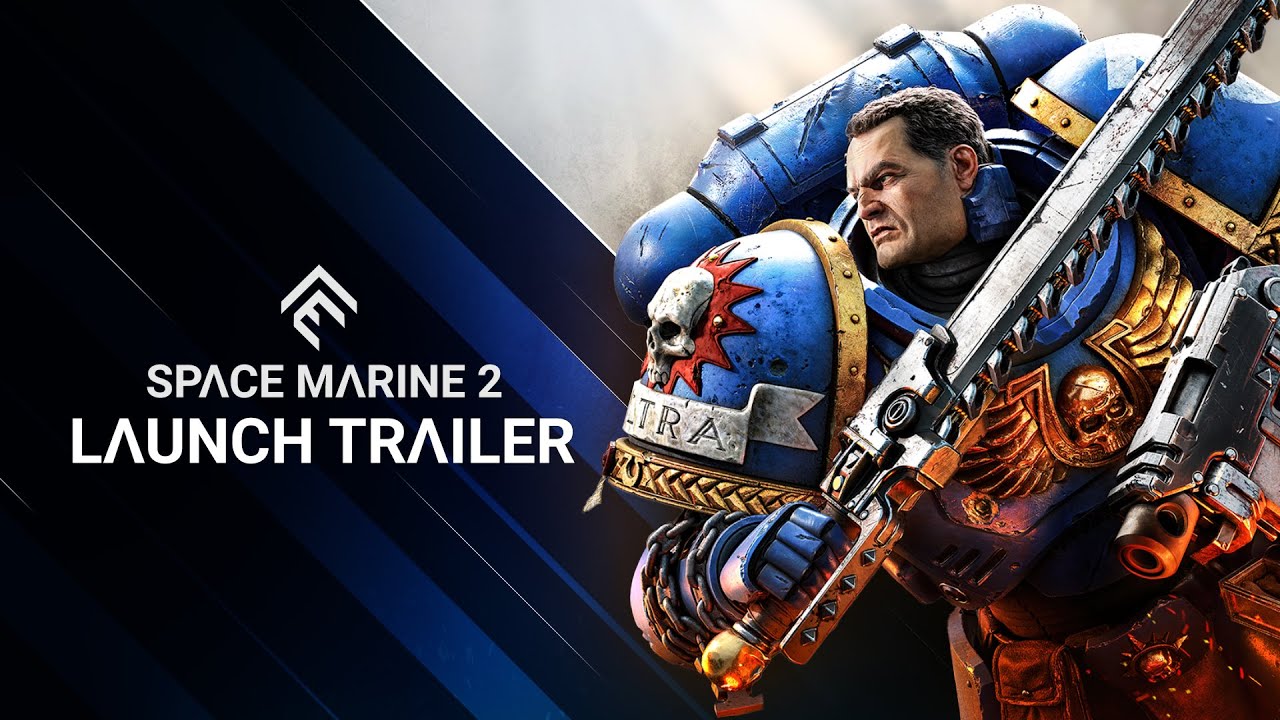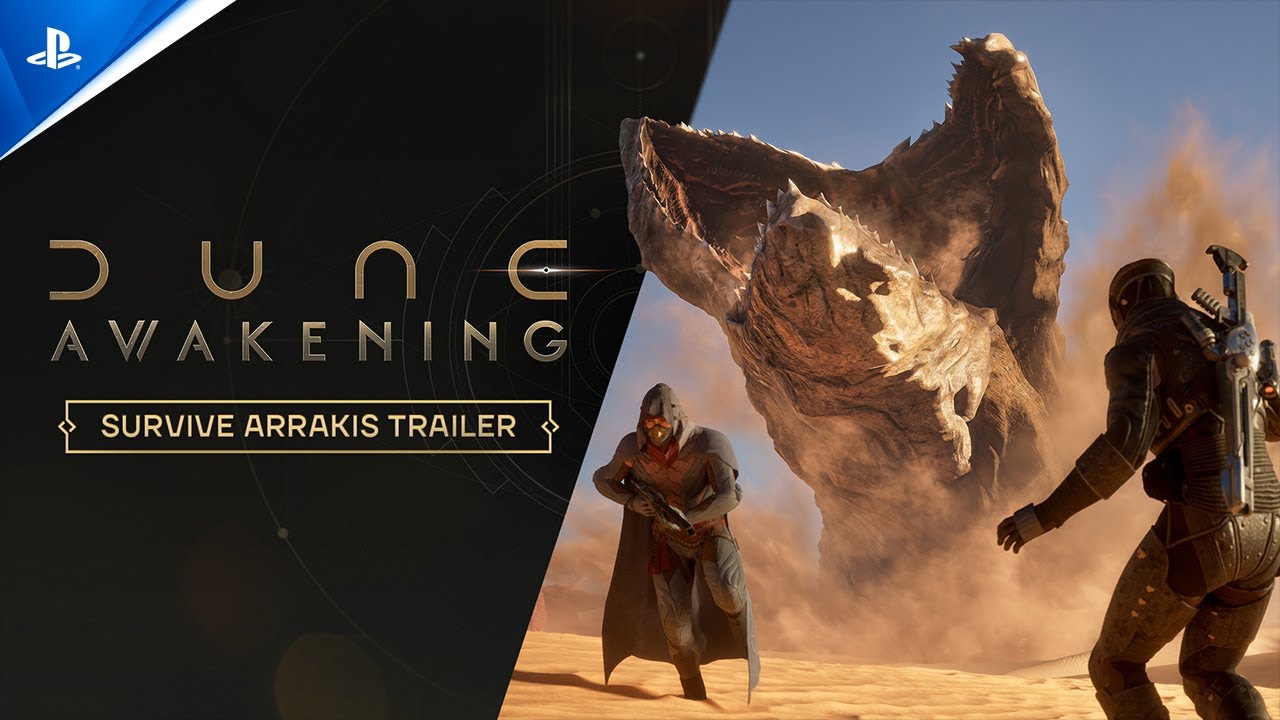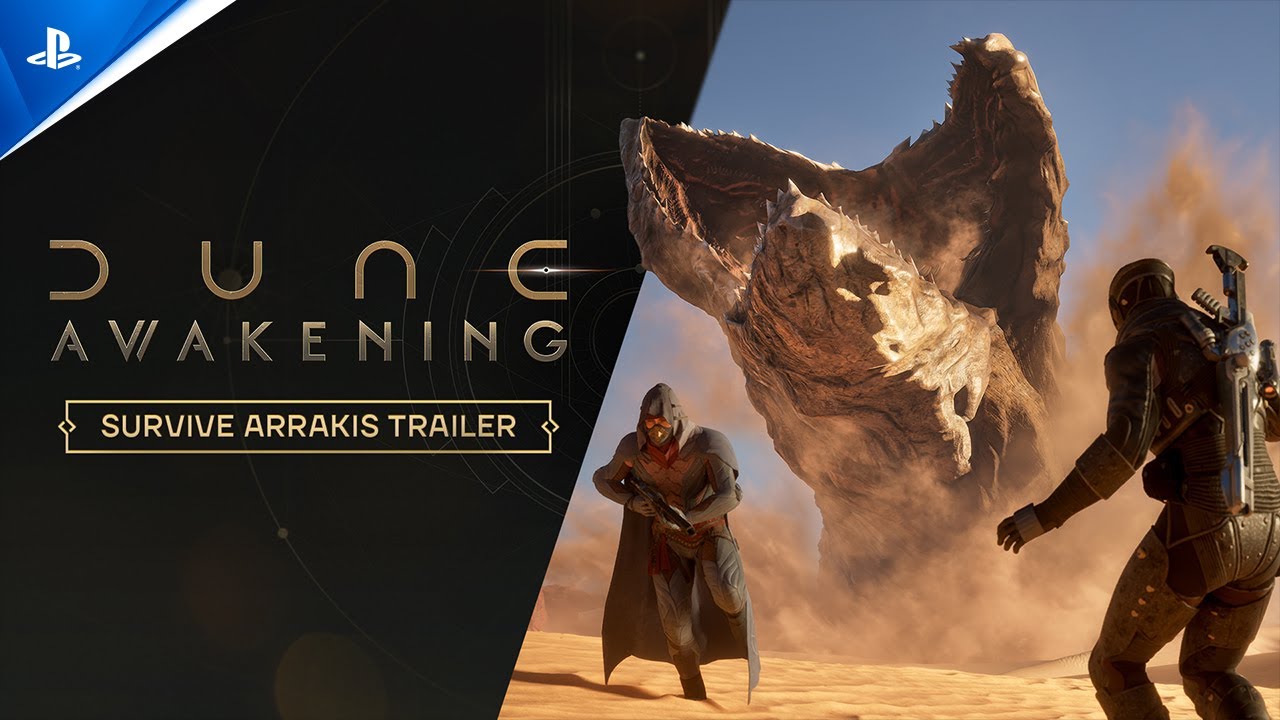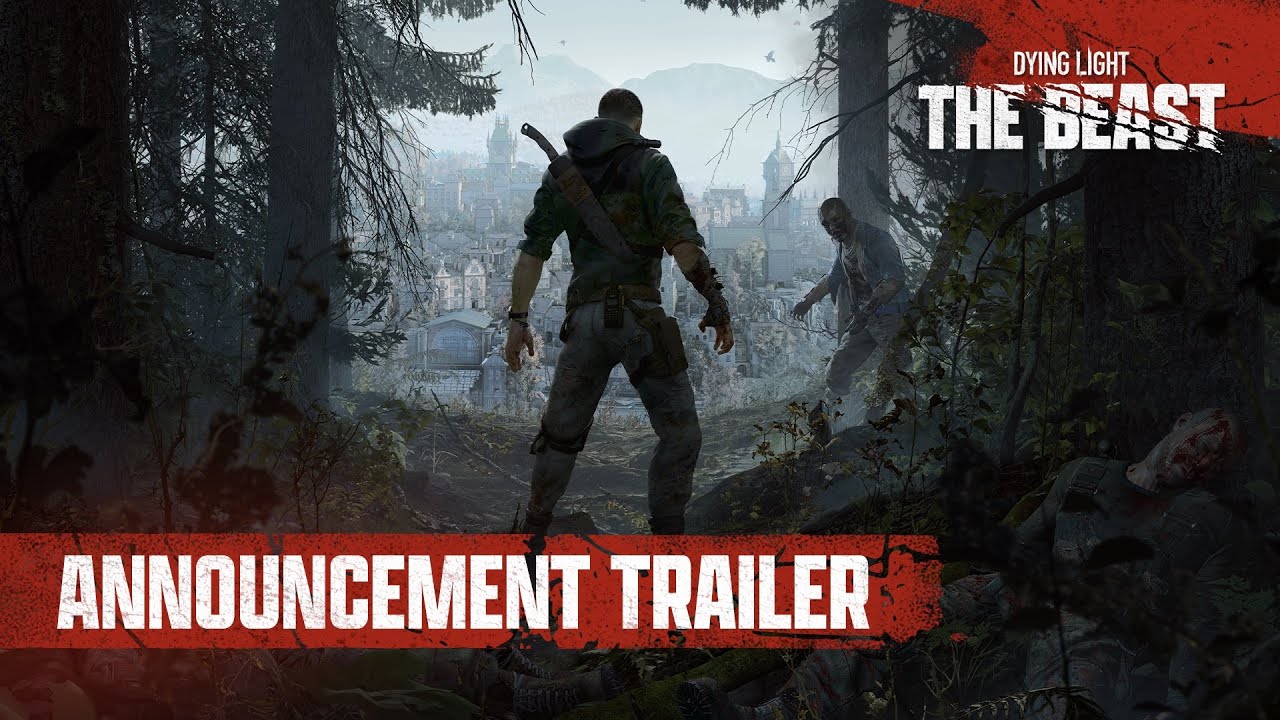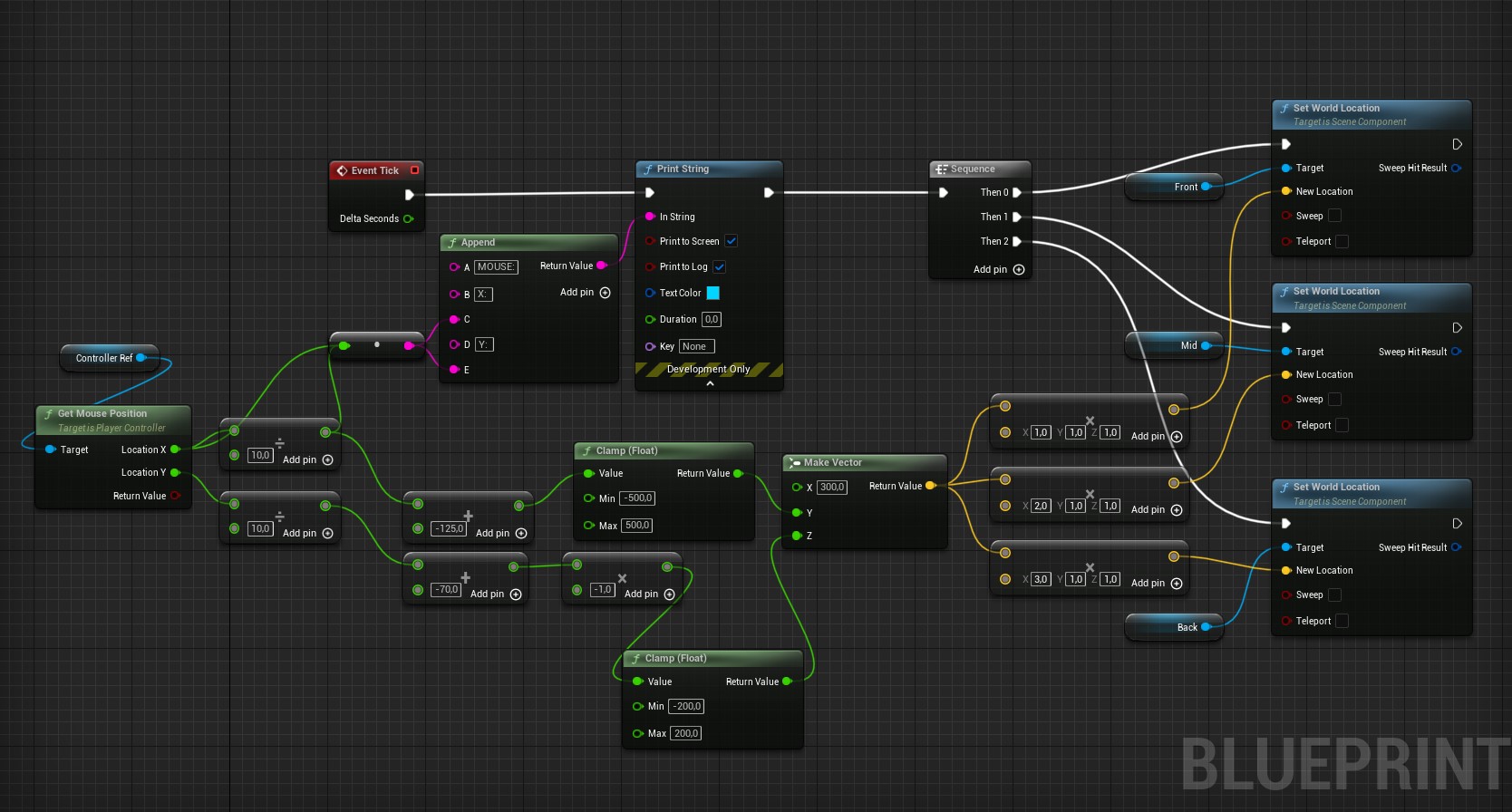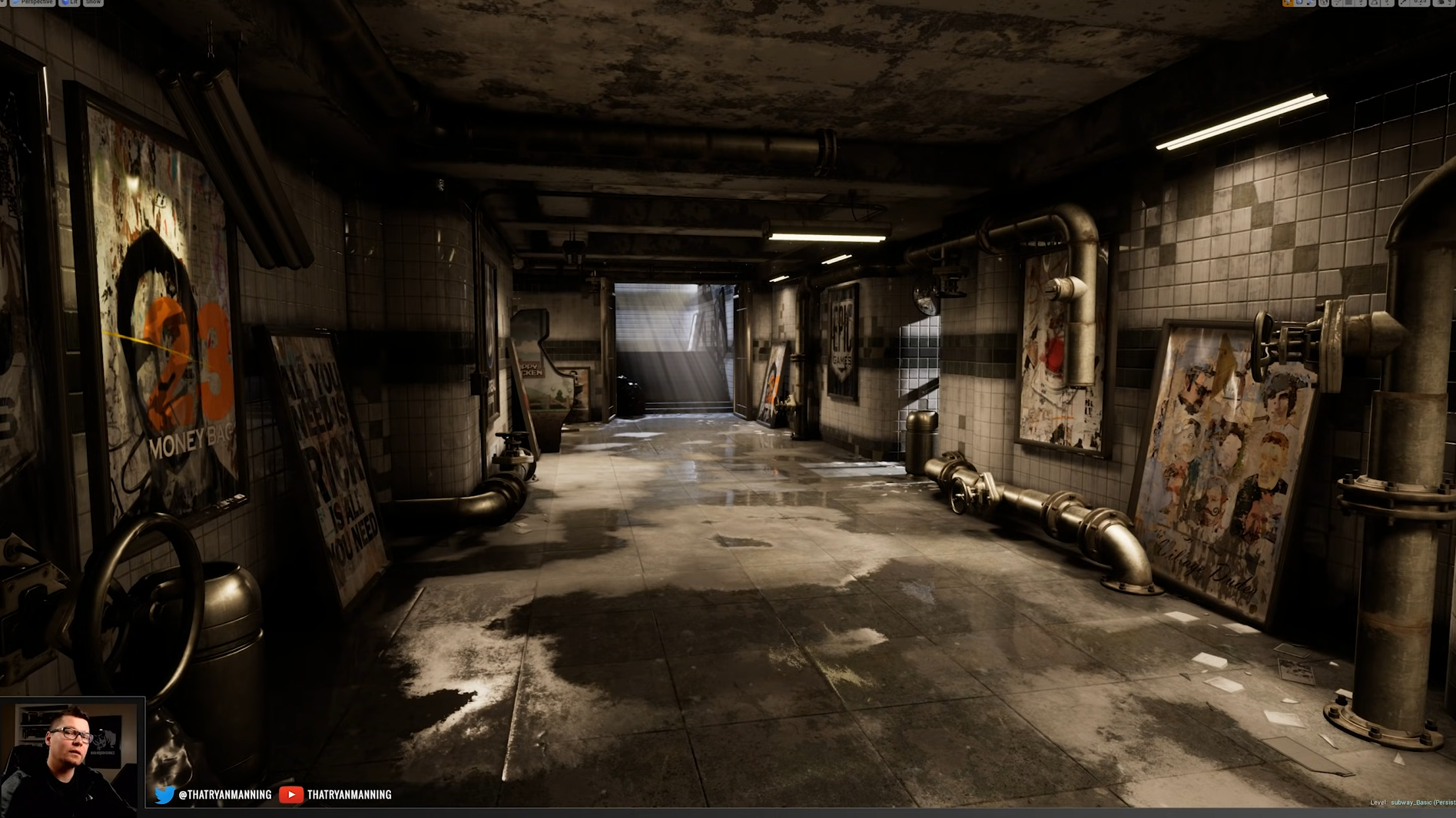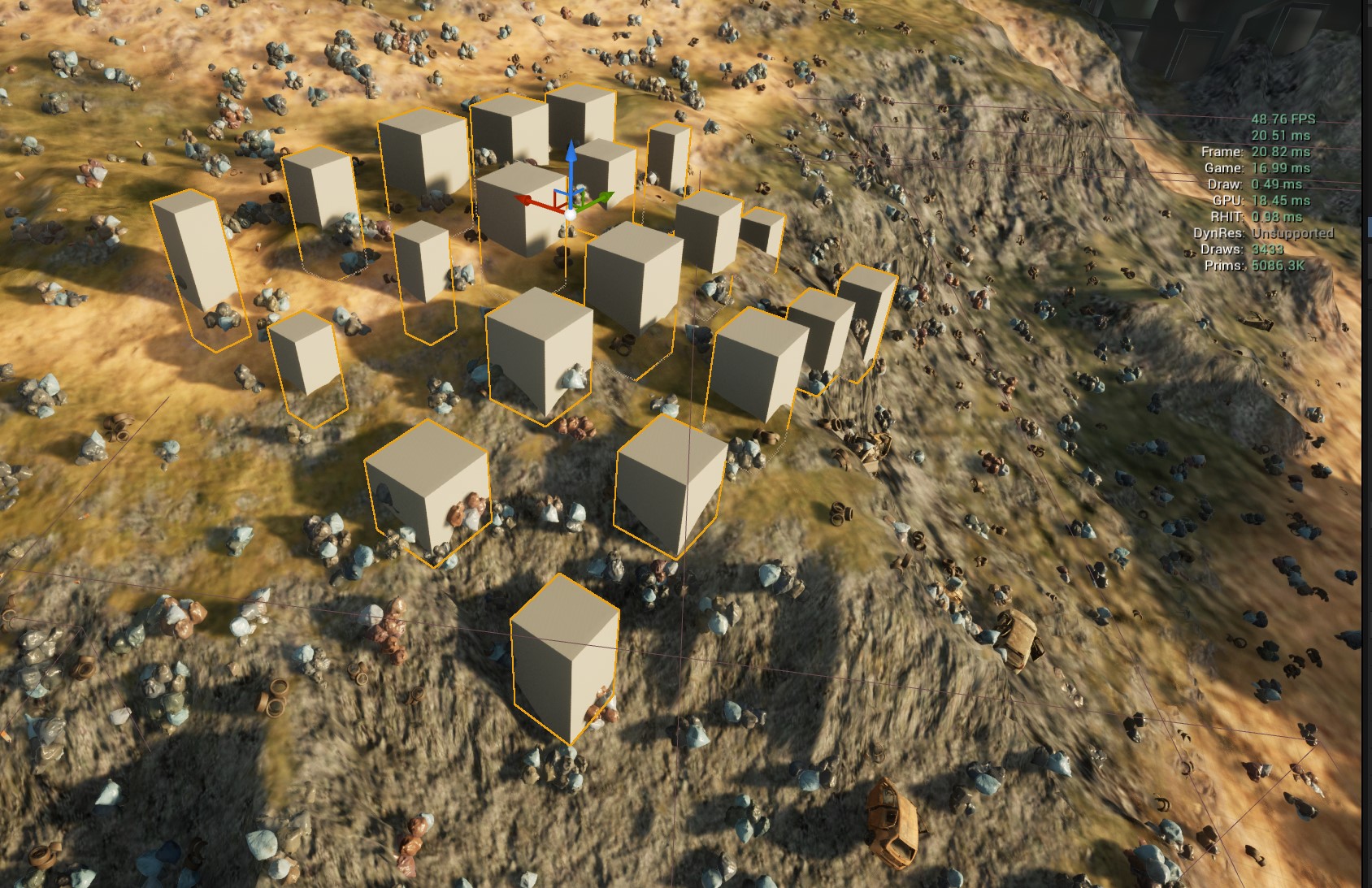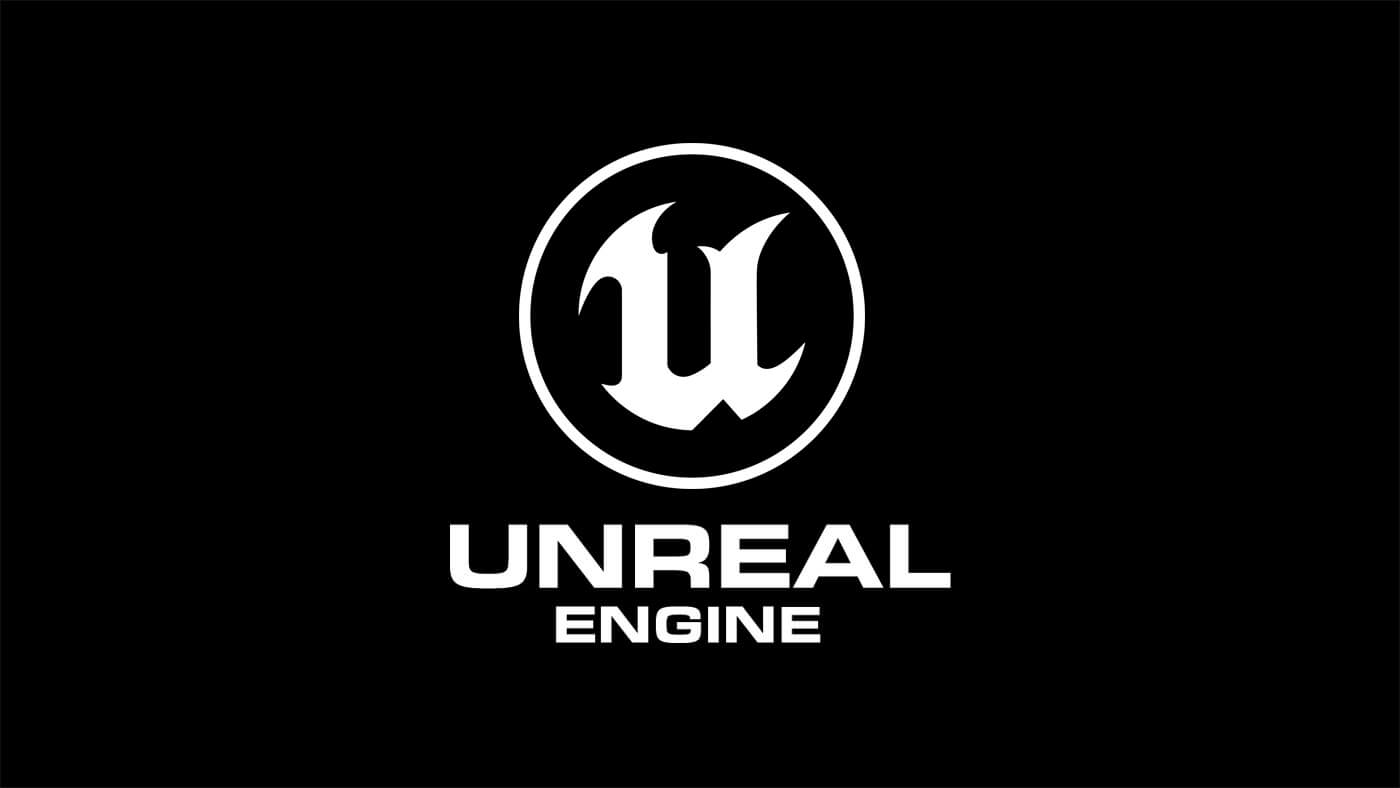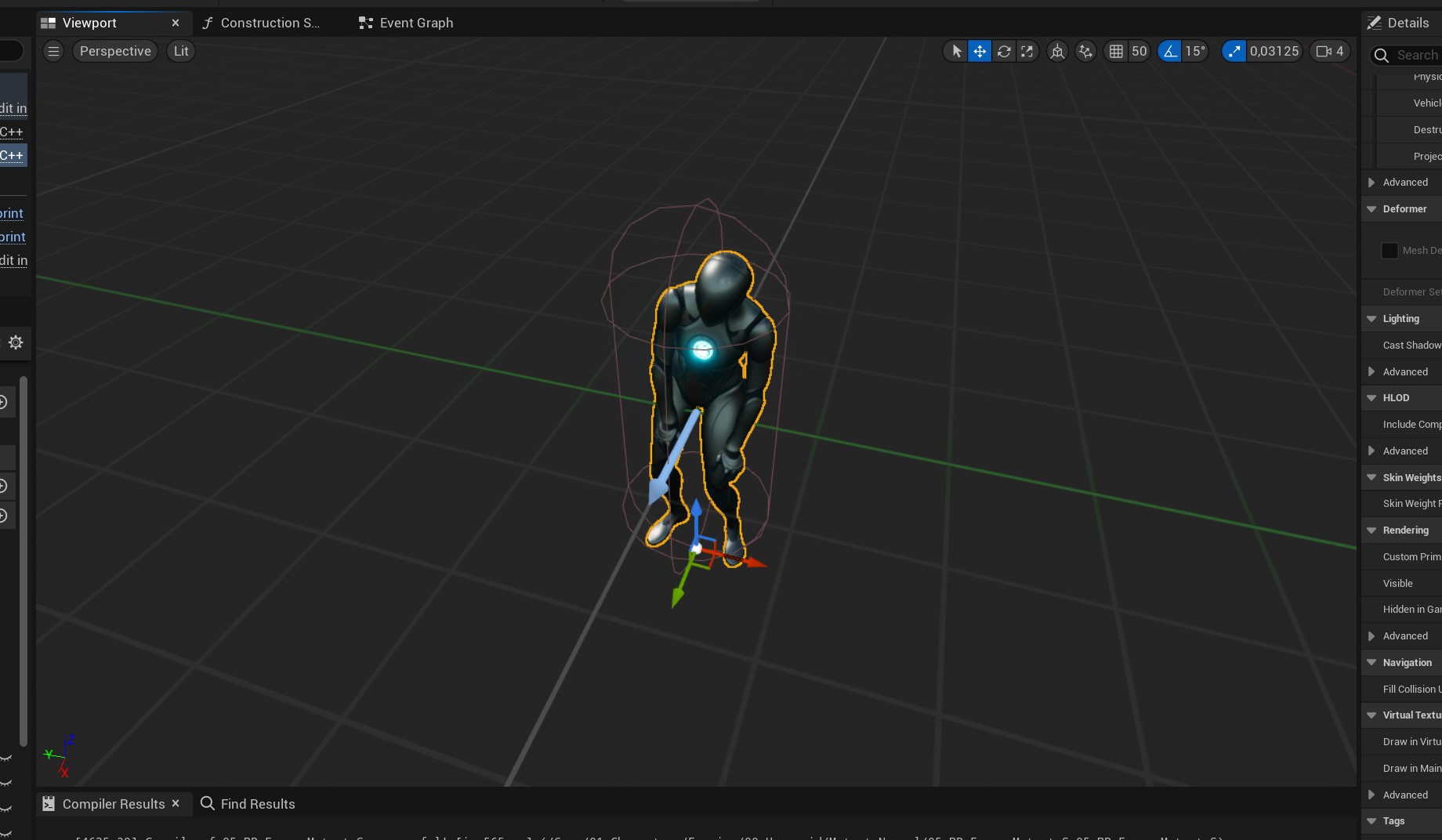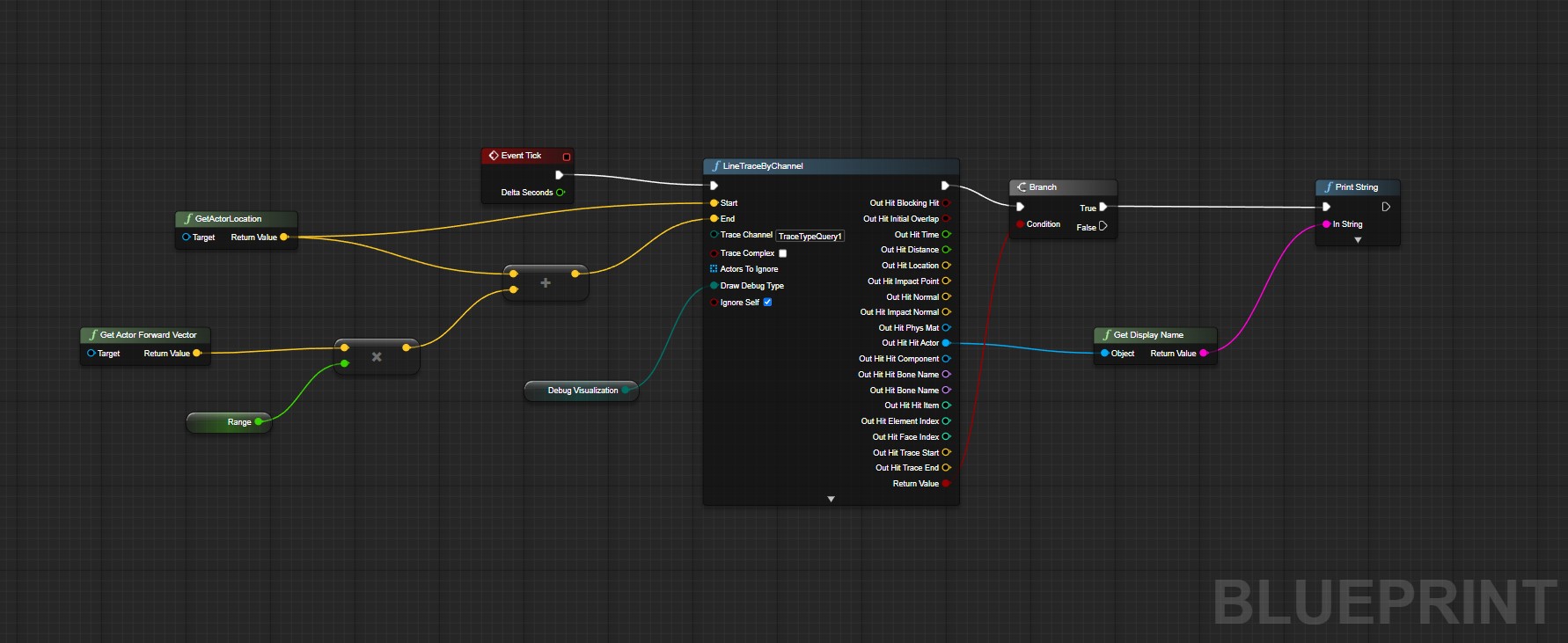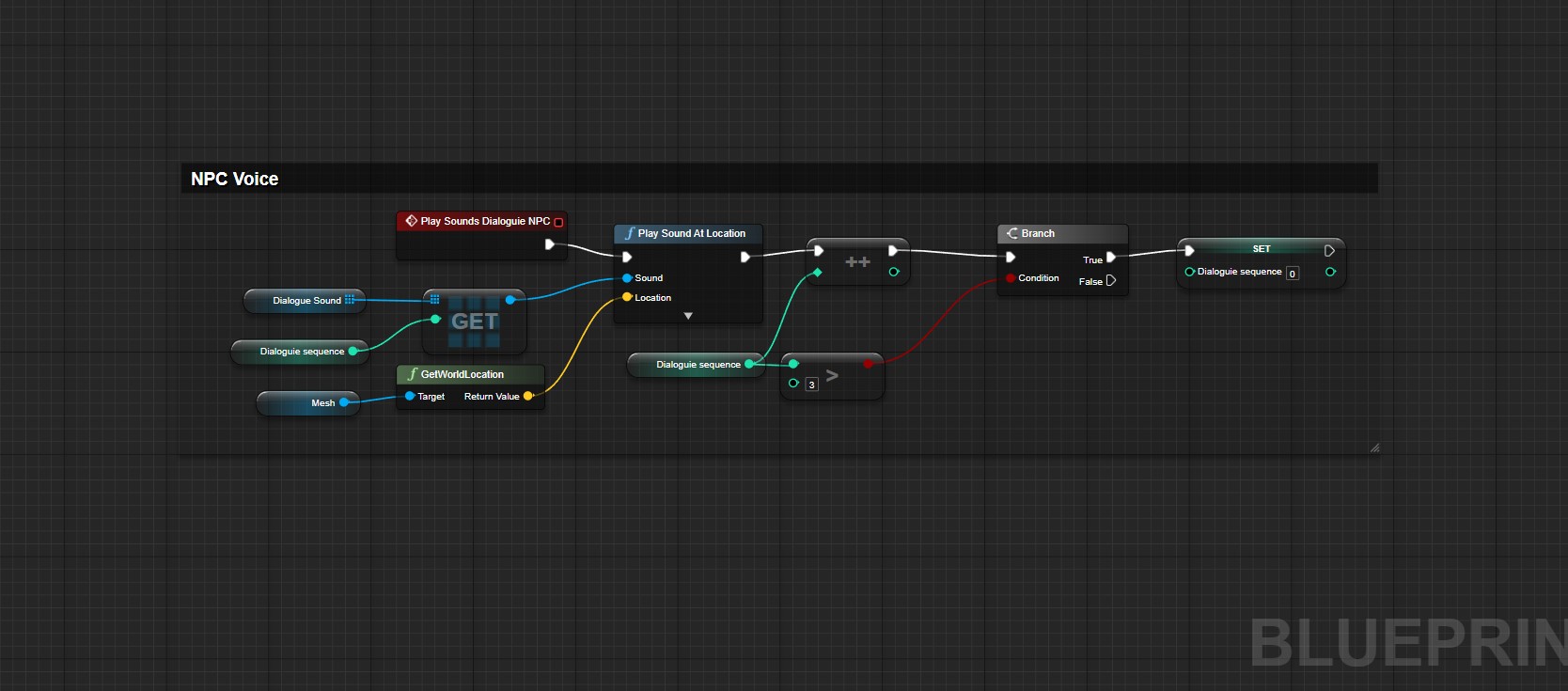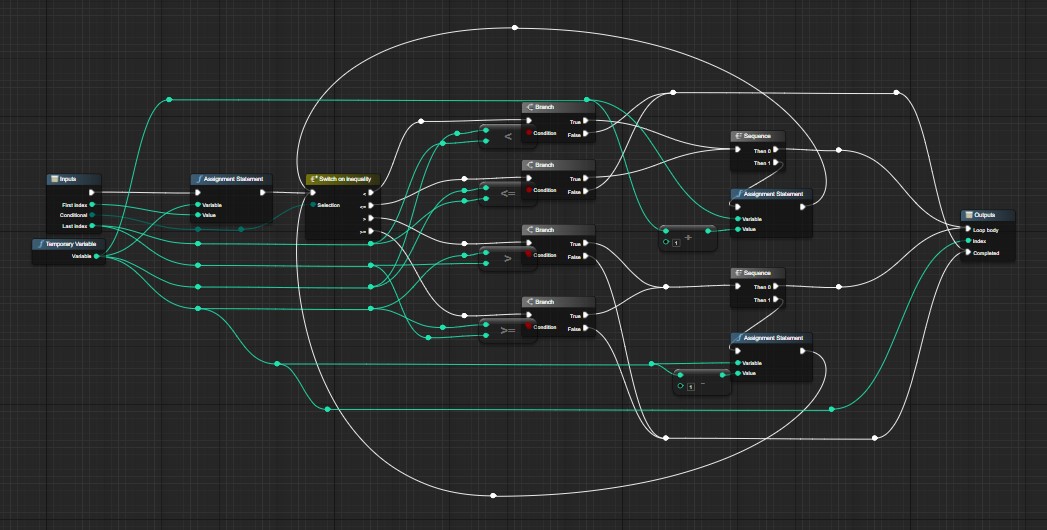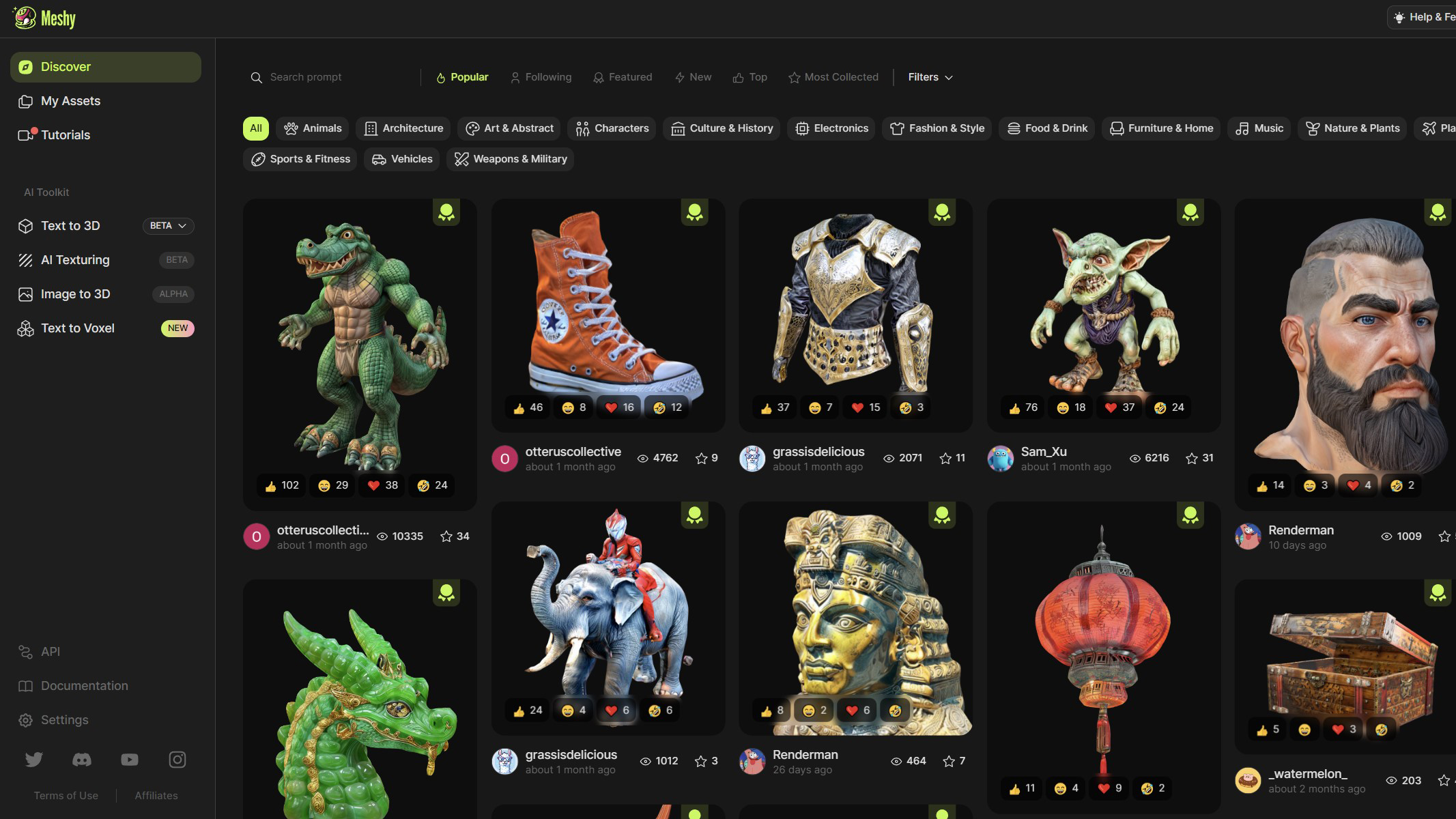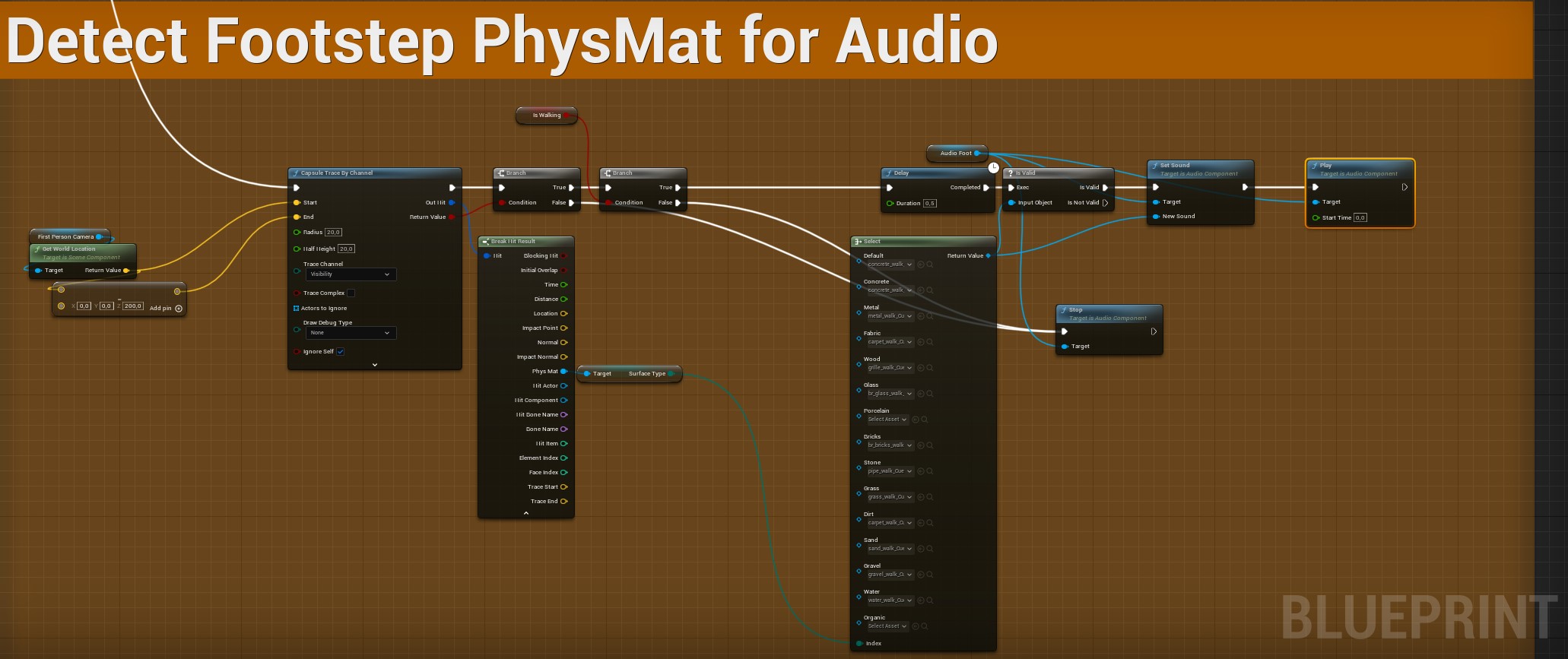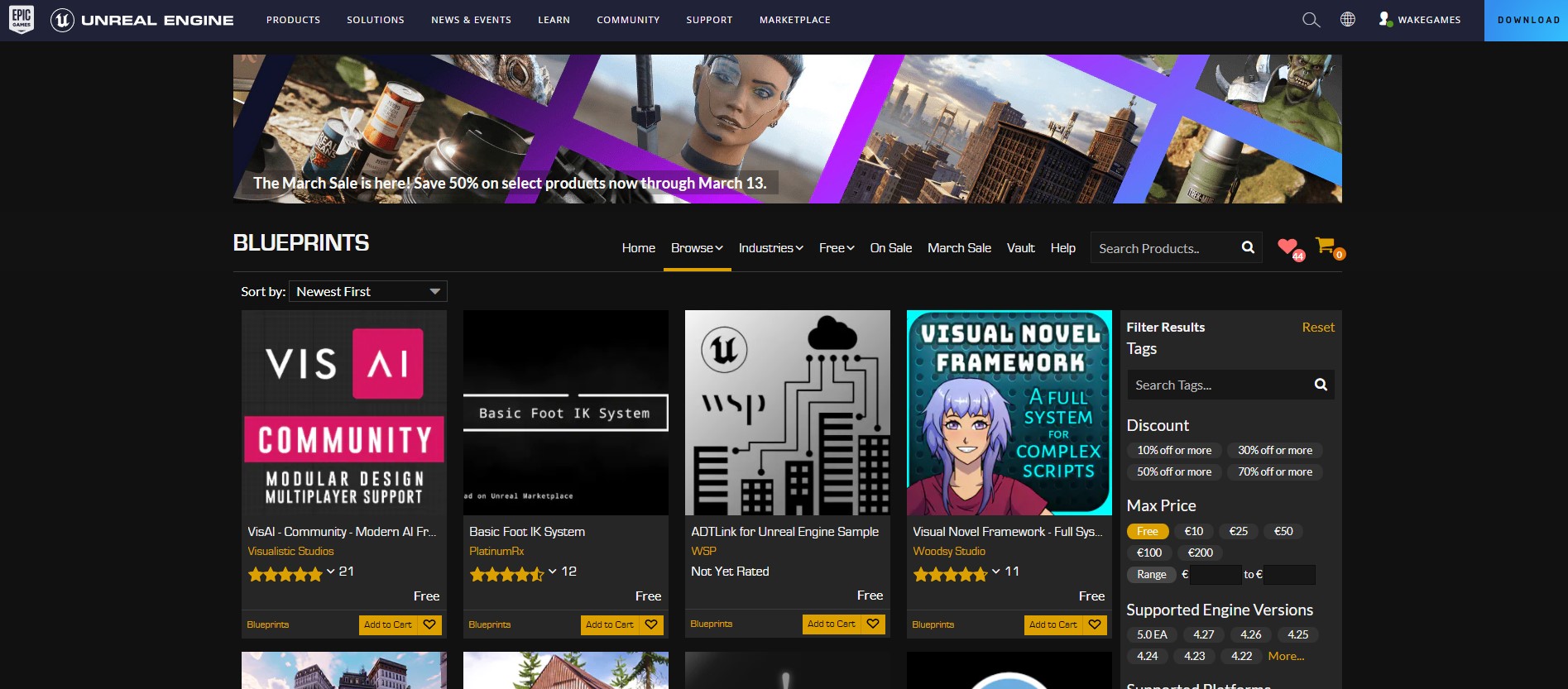Here is a quick recap list for all of the best Game Engines you should know about when choosing the one for your platformer game.
- Godot Engine: Godot shines with its open-source, free-to-use policy, offering a flexible and user-friendly environment for both 2D and 3D game development. Its node and scene system allows unique customization and logic structuring, supported by its own scripting language, GDScript, tailored specifically for game development. Its active community and comprehensive documentation make it an excellent choice for beginners and seasoned developers alike (The CTO Club) (Directual).
- BuildBox: This no-code platform emphasizes ease of use with its drag-and-drop functionality, making it ideal for beginners. While BuildBox primarily targets mobile game development, it also supports exporting games to PC and Mac. Its approach focuses on using pre-made assets and templates, which simplifies the game development process but may limit customization compared to more flexible engines (Slant) (Directual).
- Unity with Corgi Engine: Unity is one of the most widely used game development platforms, renowned for its versatility and broad industry adoption. The Corgi Engine, available on Unity’s Asset Store, is a powerful, fully-featured platformer solution, perfect for creating 2D and 2.5D platform games. It includes numerous pre-made assets and is highly praised for its integration capabilities and extensive support for various platforms (The CTO Club) (Slant).
- GameMaker Studio 2: GameMaker Studio 2 is tailored for 2D game development and provides a wealth of features for platform games, including a drag-and-drop interface and its proprietary GameMaker Language (GML). It’s particularly popular among indie developers for its ease of use and support for exporting games to various platforms, including consoles like the Nintendo Switch (Directual).
- Unreal Engine: Known for its stunning visual capabilities and robust toolset, Unreal Engine is a top choice for developers aiming to create visually impressive platformers. It features a powerful Blueprint visual scripting system, which allows developers to create complex game mechanics without detailed coding. Although it has a steeper learning curve, the engine’s extensive documentation and active community can help ease the development process (The CTO Club) (BR Softech).
Each of these platforms offers unique features and benefits, so the right choice will depend on your project’s specific requirements, your budget, and your coding expertise. Whether you are a novice looking to make a simple 2D platformer or an experienced developer aiming to push the boundaries of what platform games can be, there’s an engine here to suit your needs.


